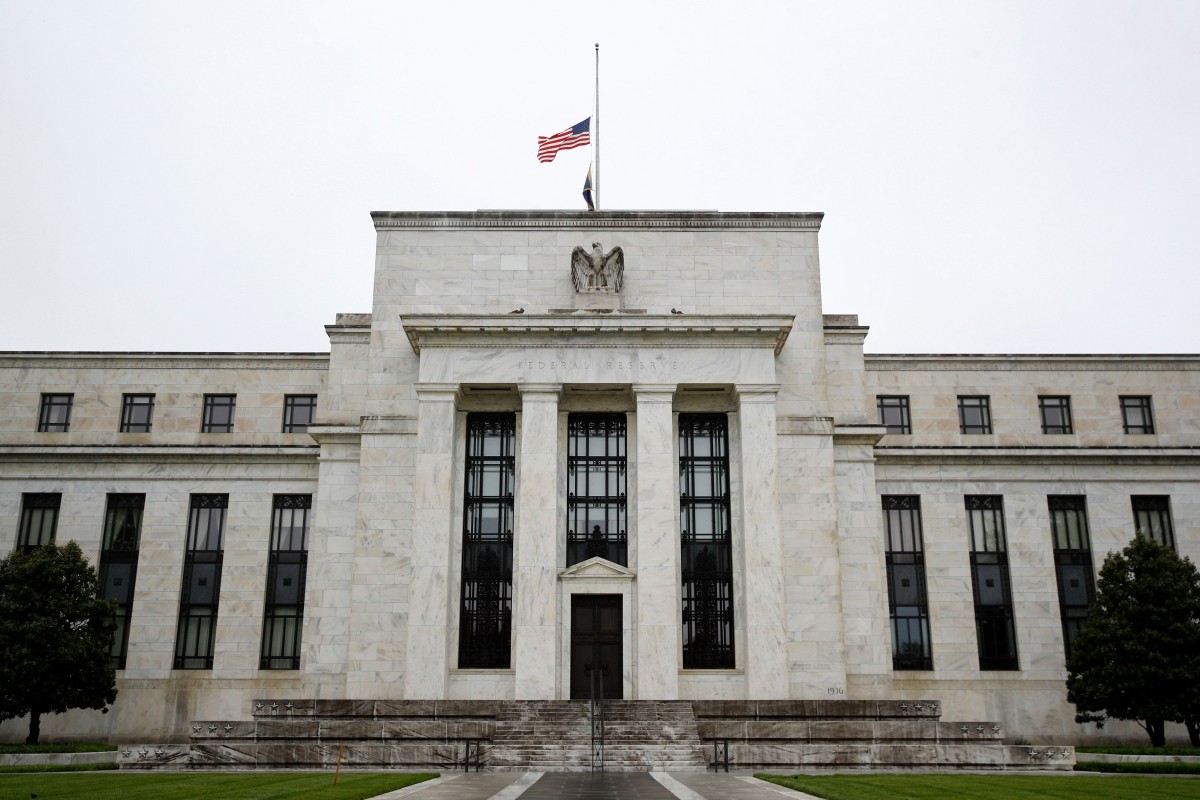Economist Recommends Cautious 25 Basis Point Rate Cut for Fed
06.09.2024 15:30 1 min. read Alexander Stefanov
As the Federal Reserve approaches its next policy meeting, economist George Lagarias from Forvis Mazars is recommending a cautious 25 basis point rate cut.
He argues that a smaller adjustment is preferable to a more substantial 50 basis point reduction, which could be perceived as an excessive reaction to current economic conditions.
Lagarias suggests that a larger rate cut might be misinterpreted as a sign of economic distress, potentially leading to increased uncertainty. He emphasizes that such a move could inadvertently heighten market anxiety and contribute to a negative economic cycle.
While there is growing speculation for a more significant rate cut due to recent data—such as a notable drop in job openings—Lagarias contends that the situation does not warrant such drastic measures. He attributes the slowdown in the job market to supply issues rather than a decline in demand.
This viewpoint aligns with that of other analysts, including Mohit Kumar from Jefferies, who also advises against a dramatic rate cut in the Fed’s upcoming decision.
-
1
Gold Beats U.S. Stock Market Over 25 Years, Even With Dividends Included
13.07.2025 15:00 1 min. read -
2
US Inflation Heats Up in June, Fueling Uncertainty Around Fed Cuts
15.07.2025 16:15 2 min. read -
3
U.S. Announces Sweeping New Tariffs on 30+ Countries
12.07.2025 16:30 2 min. read -
4
Robert Kiyosaki Predicts When The Price of Silver Will Explode
28.06.2025 16:30 2 min. read -
5
Key U.S. Economic Events to Watch Next Week
06.07.2025 19:00 2 min. read
US Inflation Heats Up in June, Fueling Uncertainty Around Fed Cuts
U.S. inflation accelerated in June, dealing a potential setback to expectations of imminent Federal Reserve rate cuts.
Gold Beats U.S. Stock Market Over 25 Years, Even With Dividends Included
In a surprising long-term performance shift, gold has officially outpaced the U.S. stock market over the past 25 years—dividends included.
U.S. Announces Sweeping New Tariffs on 30+ Countries
The United States has rolled out a broad set of new import tariffs this week, targeting over 30 countries and economic blocs in a sharp escalation of its trade protection measures, according to list from WatcherGuru.
Key U.S. Economic Events to Watch Next Week
After a week of record-setting gains in U.S. markets, investors are shifting focus to a quieter yet crucial stretch of macroeconomic developments.
-
1
Gold Beats U.S. Stock Market Over 25 Years, Even With Dividends Included
13.07.2025 15:00 1 min. read -
2
US Inflation Heats Up in June, Fueling Uncertainty Around Fed Cuts
15.07.2025 16:15 2 min. read -
3
U.S. Announces Sweeping New Tariffs on 30+ Countries
12.07.2025 16:30 2 min. read -
4
Robert Kiyosaki Predicts When The Price of Silver Will Explode
28.06.2025 16:30 2 min. read -
5
Key U.S. Economic Events to Watch Next Week
06.07.2025 19:00 2 min. read


